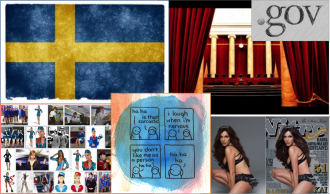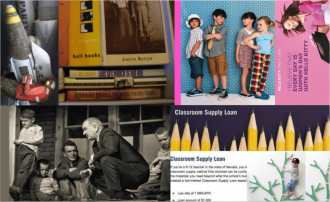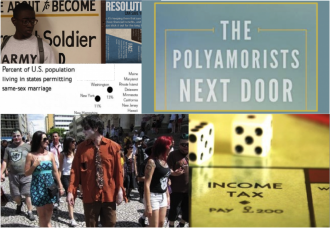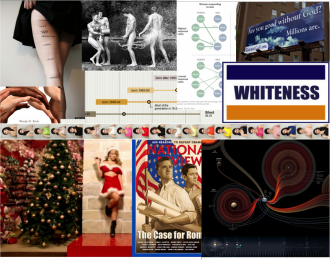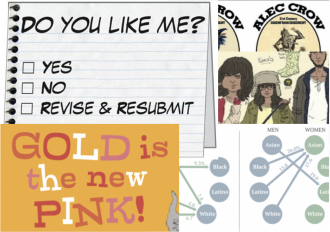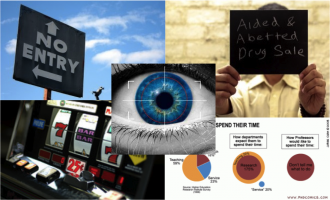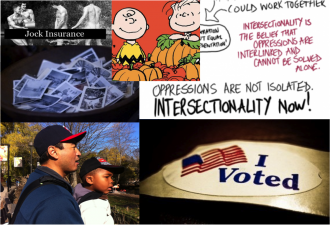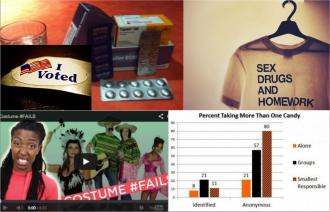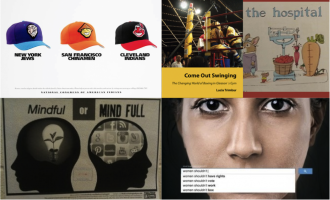Sign up for the new Friday Roundup Newsletter!
From Sport to Voting Rights
This week The Society Pages checked out gender stereotyping and toys, how we communicate our tone online (but really don’t want to talk on the phone), a whole collection of photoshop in the media, fatherhood and race, and we learned a thing or two from our Nordic friends. Enjoy!
Reading List:
“Cancer and the Corner Office: The Fading Correlation Between Breast Cancer and Women’s Workplace Authority,” by Anne Kaduk. New research shows being the boss is a little less risky than it used to be.
Citings & Sightings:
“What We Can Learn about Equality from Sweden,” by Molly Goin. Hint: a lot.
Scholars’ Strategy Network:
“Why 2014 Will Be a Pivotal Year for Judicial Protection of Voting Rights,” by Richard L. Hansen.
A Few from the Community Pages:
- Girl w/ Pen! The toy talk continues with “Girls, Boys, Feminism, Toys” and “Thoughts on Toys, Kids, and Gender Stereotypes.”
- Cyborgology. When healthcare-dot-gov took on a life of its own, why we don’t like talking on the phone, the complexity of tone in digital communication, and how resilience is work enough.
- Sociological Images. Time to play “spot the whittled thighs and/or obscured protuding ribs!” with the SocImages Re-touching/Photoshop Collection, return to the evolution of the flight attendant (first male, then mommy, then sex worker, now stone cold bad ass), and check out whether sport might actually influence young people’s decisions to get into politics.

